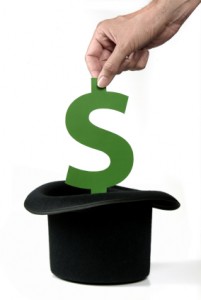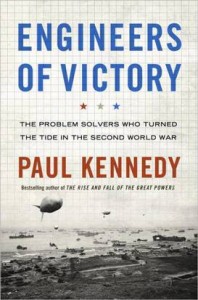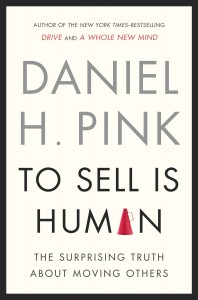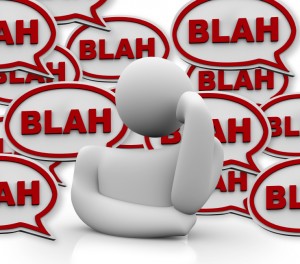The wonderful thing about sales is that it’s so competitive and performance-driven. Unlike many professions, you have to be at the top of your game all the time if you want to have any success, because others at the top of their game are working hard to take food off your table. Most salespeople understand this, which is why salespeople in general are always looking for the magical formula that will guarantee success.
There is no magic formula that guarantees you will outsell your competition, no magic formula that guarantees you will get others to do what you want them to do. If there was, what possible reason would anyone have for sharing it?
But if you can never guarantee success, you can deserve it. And there is a formula for that, comprising four simple ingredients:
Care: It all starts with caring because no one will ever persevere in the face of difficulties and rejection for very long only for the money or other external motivators. Michael Jordan got paid a lot of money, but from everything I’ve read about him, he would have played for free if only for the fierce need to compete and win at everything he did. Do you care about something bigger than yourself? Do you care about improving the lives of your customers? Do you care about your prospect as a person and not just as a name on a decision making chart? Do you care about the good of the company you work for? Do you take personal responsibility for a 3-win outcome? A good sale should be a win/win/win. The customer wins, your employer wins, and you win. If the deal you’re trying to put together doesn’t benefit all three, you shouldn’t be going after it, or you should think harder about how to change it so that everyone wins.
Think: Richard Feynman, the great physicist, tells how, as a kid, he would fix broken radios. He would ask the owner what was wrong with the radio, then he would quietly ponder for a few minutes. Once, an owner impatiently asked him what he was doing. He said, “I’m fixing your radio.” Only after thinking for a few minutes would he open the back of the radio, and usually be able to make the repair on the spot.
Selling is similar to radio repair in that it’s about asking smart questions, thinking about the answers you get, and then providing valuable insights to the customer. Thinking is about not merely accepting the situation as you see it, but about analyzing it, understanding it, asking the right questions about it, and actively imagining ways to change and improve it. Thinking is about learning, about taking an active role in your own professional and personal education every day of your life, not just when someone sends you to training. It’s about having the humility to learn from everyone and everything, about not taking the first answer you get at face value.
In selling, it’s also about outside-in thinking: looking at the situation from the other’s point of view and taking their perspective. It’s about clearly understanding and expressing what makes you unique, and why the customer should care.
Plan: Success in any complex endeavor is always the result of a process, whether you knowingly follow the process or not. Knowing the process allows you to have a clearer picture, gives you better control of the outcomes, and helps you to constantly improve it. Planning is about making that process transparent and lining up the resources and actions to increase your efficiency and effectiveness. Salespeople would much rather spend their time in front of customers than writing down a plan, but that little extra time up front is about the most highly leveraged time you spend. Besides, if selling is about improving outcomes for customers, the time you spend planning how to accomplish that is selling time just as much as making a presentation is.
Even if things happen in real time that don’t go according to plan—which will always happen—the insights gained from the planning process will help you react faster and more intelligently. As Kelly Riggs says, planning is the great equalizer; it’s what enables a small competitor to beat the bigger ones.
Work: I hate the phrase “work smarter, not harder.” Why should they be mutually exclusive? Working smarter should not be an excuse for slacking off. The guy who works smarter not harder will lose to the one who works smarter and harder. Sales is partly a numbers game, and the numbers that count include the hours you put in, the calls you make, and the number of opportunities you pursue.
Of course, it’s not just about putting in the hours; it’s about what you put into the hours. If hard work by itself were enough, there would not be billions of people around the world earning less than two dollars a day who work harder than you do. In truth, if you are fortunate enough to earn a living by selling, your hard work is more likely to be rewarded than almost any other profession.
Care. Think. Plan. Work. It’s not a magic formula, but if you do these four things consistently, your results will be magical.






